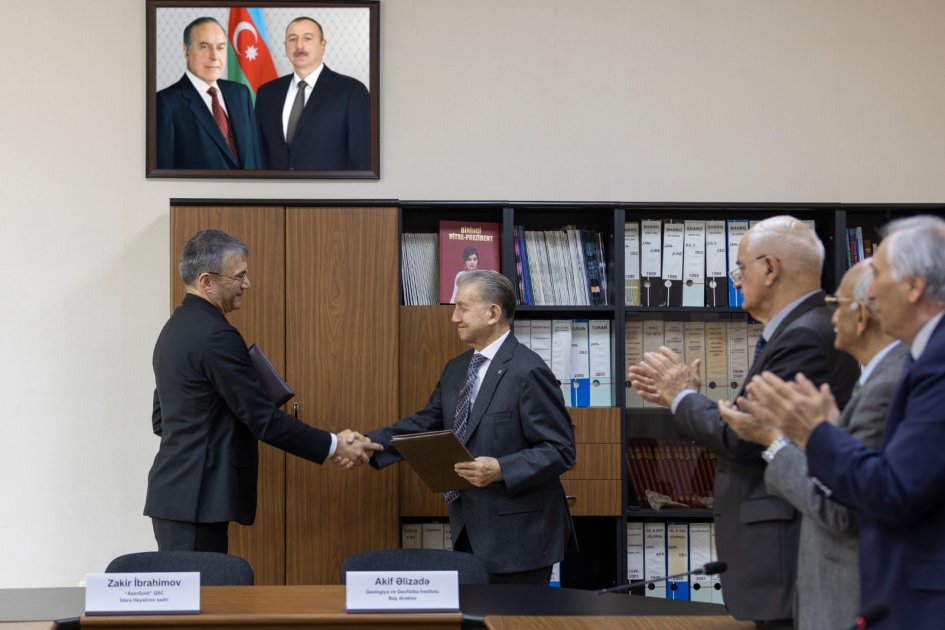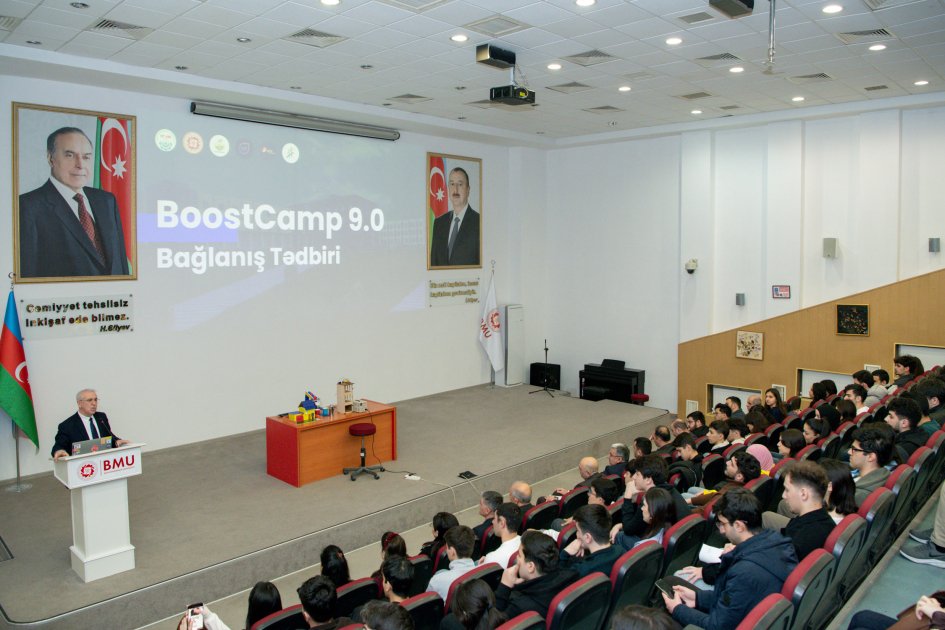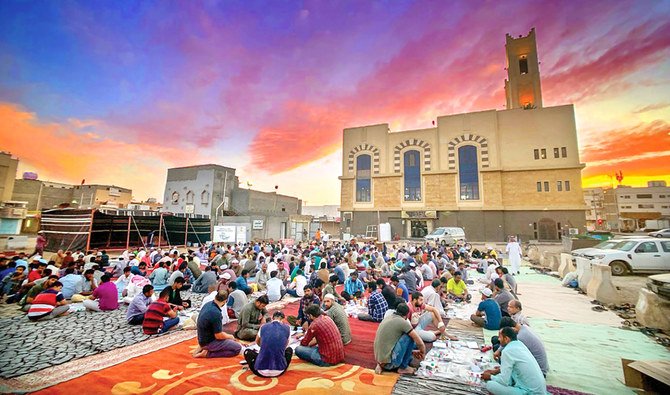It is not coincidental that Azerbaijan has emerged as a significant energy player in the 20th century among the nations of the South Caucasus. Examining the collaboration between Azerbaijan and European nations in the oil and gas sector from the late 20th century onward, the trajectory of future prospects was discernible and is now being realized.
In our technological era, time is increasingly valued from multifaceted perspectives. Swift responses to global challenges and transitions to a diversified economy through the exploration of new energy resources within short timeframes are paramount.
While oil and gas constitute the backbone of Azerbaijan’s economy, the nation’s ability to adapt flexibly to contemporary demands has enabled significant strides in diversification. The recent incorporation of green energy into the country’s economic framework stands as one of the most recent achievements.
Presently, the shift towards green energy constitutes a primary focus of Azerbaijan’s energy policy. One of the central aims of energy sector reforms is the gradual elevation of the share of energy derived from green sources in the nation’s energy mix. Consequently, Azerbaijan actively engages with international organizations, various nations, and investors in this realm.
A notable milestone in this endeavor was the 500MW renewable energy collaboration involving major energy entities such as ACWA Power of Saudi Arabia and Masdar of Abu Dhabi alongside Azerbaijan’s SOCAR. ACWA Power’s entry into the Azerbaijani market in 2019 aimed to support the nation in achieving ambitious renewable energy integration, greenhouse gas emissions reduction, and decarbonization objectives.
ACWA Power is presently developing a 240MW wind power facility in Azerbaijan, with an investment totaling US$286 million. Additionally, several implementation agreements for large-scale projects, including a 1GW onshore wind farm, a 1.5GW offshore wind farm, and a battery energy storage project, were signed earlier this year with the Azeri Ministry of Energy. A cooperation agreement with the State Oil Company of Azerbaijan Republic (SOCAR) further facilitates collaboration and exploration in renewable energy and green hydrogen fields.
Similarly, Masdar has been actively involved in Azerbaijan since 2020, spearheading the development of the 230MW Garadagh solar plant, which commenced operations in October of the same year. Collaborative agreements have also been signed to develop onshore wind and solar projects, as well as integrated offshore wind and green hydrogen projects, with a combined capacity of 4GW in Azerbaijan. Notably, there exists an option to expand the total capacity for renewable projects to 10GW across multiple technologies.
Furthermore, Azerbaijan’s cooperation with Europe in the energy domain warrants emphasis. President Ilham Aliyev’s recent meeting with Romania’s Energy Minister Sebastian-Ioan Burduja in Baku underscored discussions pertaining to energy and the broadening of cooperation across various sectors.
The president emphasized the active development stage of bilateral relations and stressed the significance of reciprocal visits between heads of state and other levels to bolster bilateral ties. Moreover, the importance of the 8th meeting of the Joint Commission on economic-trade relations and scientific-technical cooperation between Azerbaijan and Romania was highlighted in delineating prospects for bilateral bonds.
During the meeting, President Ilham Aliyev highlighted major projects underway in Azerbaijan’s energy sector, particularly in green energy, and underscored the importance of recent ministerial meetings focusing on the Southern Gas Corridor and Green Energy Advisory Council held in Baku.
Following discussions between President Aliyev and the Romanian Energy Minister, both sides acknowledged significant advancements in the energy sector and exchanged views on natural gas exports from Azerbaijan and the export of green energy to Romania via the Black Sea. Ongoing deliberations regarding LNG, green energy, and gas supply projects were also noted, with Azerbaijan aiming for a structured entry into the Romanian energy market.
The meeting also highlighted economic and trade relations between both nations, with a notable 30 percent year-on-year increase in trade turnover amounting to 670 million US dollars. Additionally, cooperation in investments, particularly SOCAR’s active presence in Romania and its substantial role in the country’s fuel market, was discussed.
Consequently, the transition to green energy in Azerbaijan constitutes a pivotal segment of both domestic and foreign policy. In conjunction with relevant legislative measures, institutional endeavors are being pursued to foster the development of the green energy industry.
Overall, the shift to green energy assumes a critical role in addressing global environmental challenges for Azerbaijan, contributing significantly to ecosystem sustainability and the equilibrium between human needs and nature’s capacities.
The forthcoming hosting of COP29 in Azerbaijan underscores the nation’s concerted support for endeavors aimed at mitigating climate change and global warming. Green energy production occupies a distinct position in ensuring energy security for Azerbaijan, while also catalyzing the advancement of new technologies and innovations.
From a geographical standpoint, the Republic of Azerbaijan possesses favorable green energy potential, complemented by a purposeful state policy aimed at its efficient utilization. Undoubtedly, Azerbaijan stands poised to redouble its efforts in successfully fulfilling its commitments by 2040.
Ms. Fatima Tuz Zehra is Editor-in-Chief of The Gulf Observer

President “The Gulf Observer Research Forum” and the Editor-In-Chief, https://thegulfobserver.com














